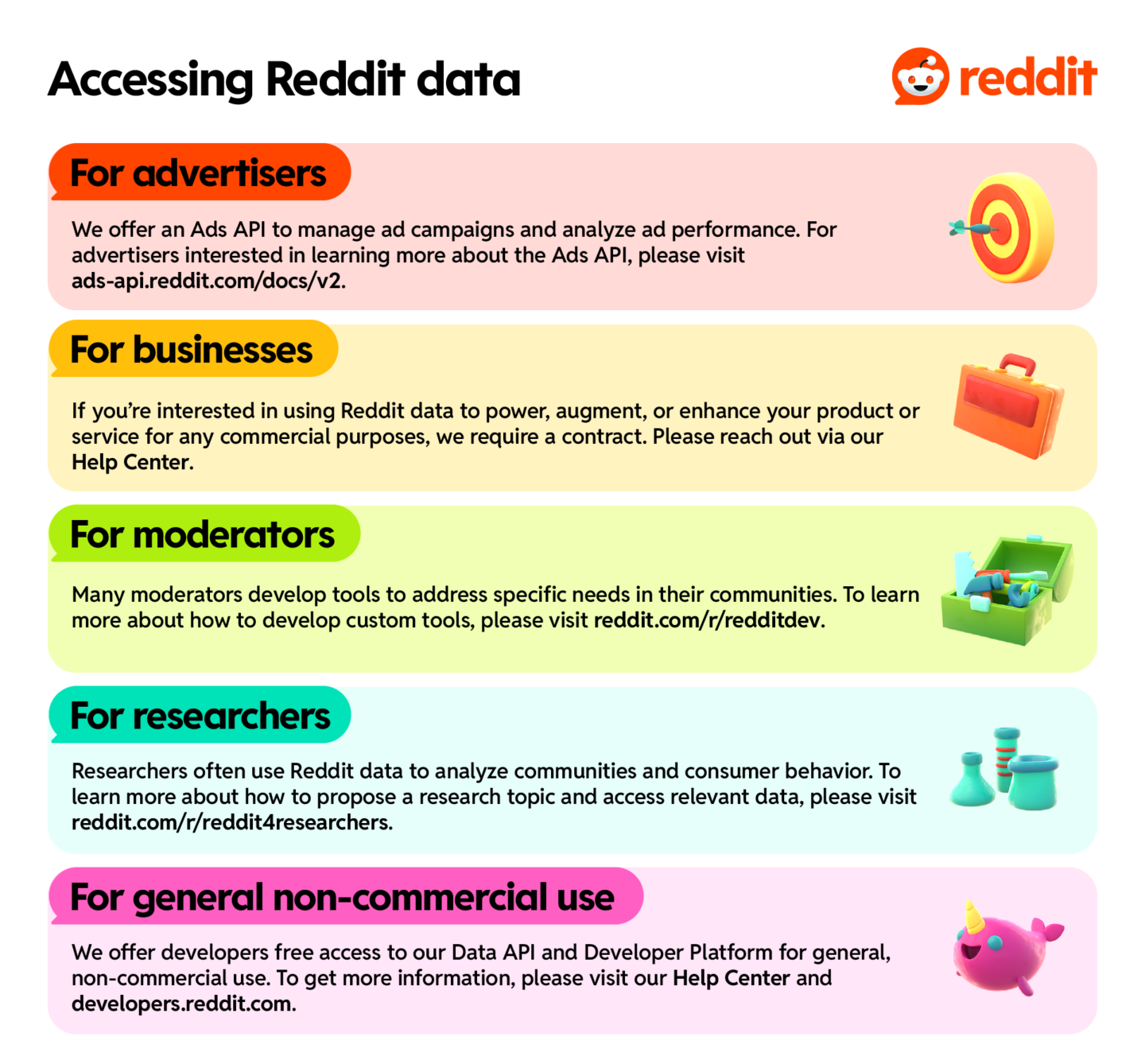 Image Credits: drogatnev / Getty Images
Image Credits: drogatnev / Getty Images
Welcome to TechCrunch Fintech! This week, we’re looking at Human Interest’s path toward an IPO, fintech’s newest unicorn, a slew of new fundraises, and more.
To get a roundup of TechCrunch’s biggest and most important fintech stories delivered to your inbox every Tuesday at 8:00 a.m. PT, subscribe here.
The big story
SMB-focused 401k provider Human Interest last week announced a $267 million funding round, further paving the way for a public market listing. No timeline has been given. CFO Tripp Faix told TechCrunch: “We are looking to become a public company when the time is right.” It’s been wild watching this company grow. I first covered Human Interest when it raised a $40 million Series C in March 2020. It raised a few more rounds before BlackRock acquired a minority stake in the company in January 2023. Impressively, the company says it is “approaching cash flow break-even and has enough cash on the balance sheet to fund continued 70%+ year-over-year growth without additional capital.” Fun fact: Layoffs.fyi founder Roger Lee co-founded Human Interest in 2015 and remains a director on its board.
Analysis of the week
Fintech unicorns are getting to be about as rare as a four-leaf clover. According to CB Insights’ State of Fintech Q2 Report, the number of new fintech unicorns born in the second quarter totaled just two. For comparison, in the second quarter of 2021, 49 new fintech unicorns were birthed. Altruist, a custodian for registered investment advisors (RIA), in May raised $169 million in a Series E funding round led by investment firm ICONIQ Growth that gave it a valuation of more than $1.5 billion. And in April, Paris-based startup Pigment raised a $145 million funding round, valuing it at $1 billion just five years after its inception. The enterprise software company offers a business planning platform for large companies to visualize their past financial performance and forecast upcoming quarters. Will we see more unicorns in 2024? Scroll down to read about one more.
Dollars and cents
Digital ledger API startup Fragment raised $9 million from fintech infrastructure executives from Stripe, BoxGroup, Avid Ventures, Zach Perret (Plaid), and Jack Altman (Lattice).
Coast, a startup that describes itself as “a financial services platform for the future of transportation,” has raised $40 million in Series B funding led by ICONIQ Growth — just four months after announcing a $25 million venture round.
Astor, a free personal finance platform for women that merges community and investing in an approachable way, raised $1.4 million.
Sam Altman-backed Slope, a Silicon Valley-based B2B payments platform offering order-to-cash workflow automation for enterprise companies, secured JP Morgan Payments as the lead in a new $65 million strategic equity and debt financing round.
Matera, a Brazilian company that provides instant payment, QR code payment and core banking software to financial institutions, received a $100 million investment from Warburg Pincus.
What else we’re writing
Indian fintech Paytm’s struggles won’t seem to end. The company on Friday reported that its revenue declined by 36% and its loss more than doubled in the first quarter as it continues to grapple with a regulatory clampdown that has significantly curtailed business at its payments bank subsidiary.
Fast-growing payroll provider Deel has made another acquisition — its third this year. Deel has acquired Hofy, a London-based company that delivers and helps manage office equipment for remote hires. Financial terms weren’t disclosed, but a source familiar with the matter told TechCrunch that the deal was worth over $100 million.
African remittance fintech Pesa is in the final stages of acquiring the requisite licenses for rollout in the United States, having just recently launched in 27 European countries after seeing success in Canada.
High-interest headlines
Tiger Global in talks to lead $500m Revolut share deal
Inside fintech’s newest unicorn: a credit card backed by your home
Capstack Technologies acquires Edge Tradeworks
Want to reach out with a tip? Email me at [email protected] or send me a message on Signal at 408.204.3036. You can also send a note to the whole TechCrunch crew at [email protected]. For more secure communications, click here to contact us, which includes SecureDrop (instructions here) and links to encrypted messaging apps.





